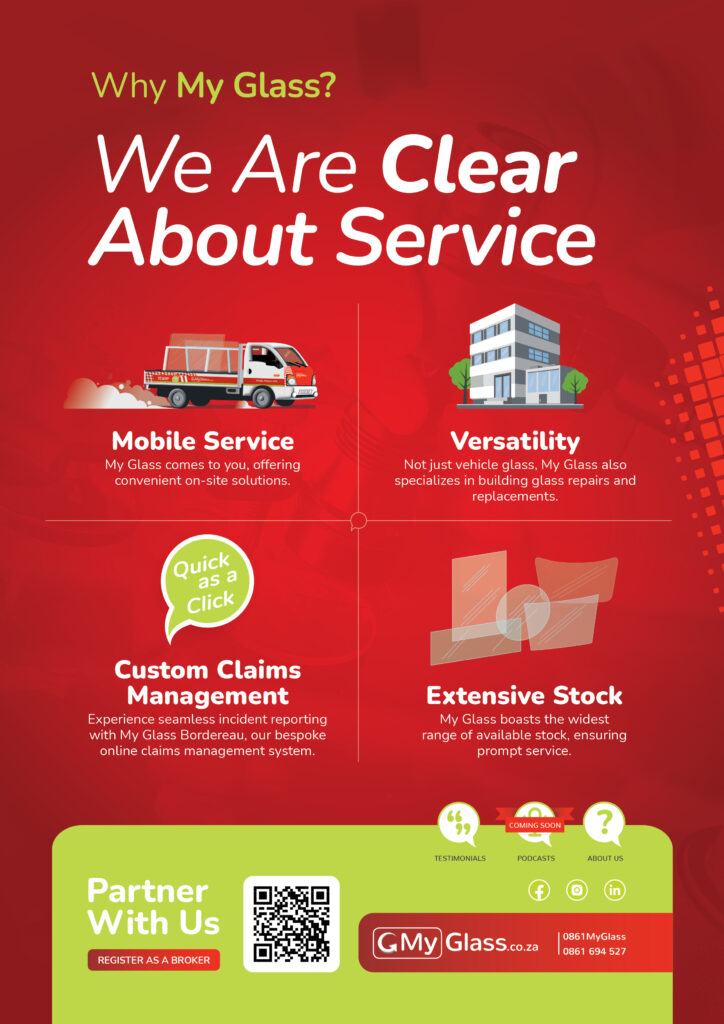By: Irene Abrahams, Head of Liability, Leppard Underwriting
Businesses, whether SMEs or large corporates have in recent years experienced various exposures, followed by -significant increases in losses and claims scenarios. There is no doubt that 2020 and 2021 will be years remembered by all. There was an enormous impact by the COVID-19 pandemic, followed by many challenges; from the 2021 widespread civil unrest to the natural disasters – floods which plagued most of the year 2022. The reality of persistent, disruptive volatility came to the forefront.

The times we are living in show an increase in volatility. Today, extraordinary events have become the norm. There is no business that can predict specific risks. There is a need to prepare for a future that has become uncertain and volatile. That future includes, as we are already seeing, issues with cybercrime, data protection and privacy, climate change and threats to the supply chain. The world of legislation continues to evolve dealing with matters such as crime in the financial sector, corruption, money laundering, protection, and the rights of the consumer.
In this increasingly volatile environment, short-term insurers and brokers need to pay close attention to risk management. As risks evolve, the liability underwriter and the broker need to stay abreast of the emerging exposures and their impact on the business. The question – what’s the worst that can happen before it happens? – highlights the importance of risk management which is where the emphasis should lie.
As an industry, we encourage the insureds to act as though as they were not insured. The intention here is to instill in them a culture of managing their exposures. Where risks are transferred and there is a frequency of liability claims, the resultant response from insurers is to increase premiums and deductibles as well as tighten terms. All of these can be controlled if not avoided by the implementation of good risk management practices.
What can insureds do? Have legal agreements in place under the careful guidance of a qualified attorney who will help in the drafting of these agreements when entering into a business relationship. Hold harmless agreements as an example, will ensure that the insured’s contractors and suppliers are contractually responsible for their own negligence and/or errors and omissions in the case that something has gone wrong which has led to a claim. Ensure that a contractor or a supplier has the relevant liability cover in place by requesting certificates of insurance and verifying the validity of the cover.

We are Clear About Service
- Mobile Service: My Glass comes to you, offering convenient on-site solutions
- Versatility: Not just vehicle glass. My Glass also specializes in building glass repairs and replacements
- Custom claims management: Experience seamless incident reporting with My Glass Bordereau, our bespoke online claims management system
- Extensive stock: My Glass boasts the widest range of available stock, ensuring prompt service.
Businesses that import products, whether they are raw materials or finished goods, have the responsibility to verify compliance with the applicable industry standards and regulatory bodies. Pertinent information on the products should be gathered from the suppliers and rights of recourse against the manufacturers or suppliers must be maintained and stated in the contracts.
As part of a risk management program, insureds should schedule safety reviews on a regular basis to ensure that products and premises of operations comply with required standards. The popular “slip, trip and fall” scenario has resulted in exorbitant compensation payouts to third parties. A proper premises risk assessment should be carried out coupled with a review of contractors such as cleaning service providers and structural maintenance companies.
At the start of this article, there is mention of the role of legislative bodies in the protection of consumer rights in this volatile environment. The Consumer Protection Act has imposed strict liability on all who are in the supply chain. Therefore, in view of the enactment of this legislation, insureds should establish proper documented policies to meet applicable regulatory requirements and an example of such a documented policy is a product recall plan which is but one amongst many.
In conclusion, the advice given by insurance intermediaries is vital in the planning, developing and implementation of a robust risk management plan which will help insureds build policies and procedures around avoiding potential threats in these unprecedented times.

